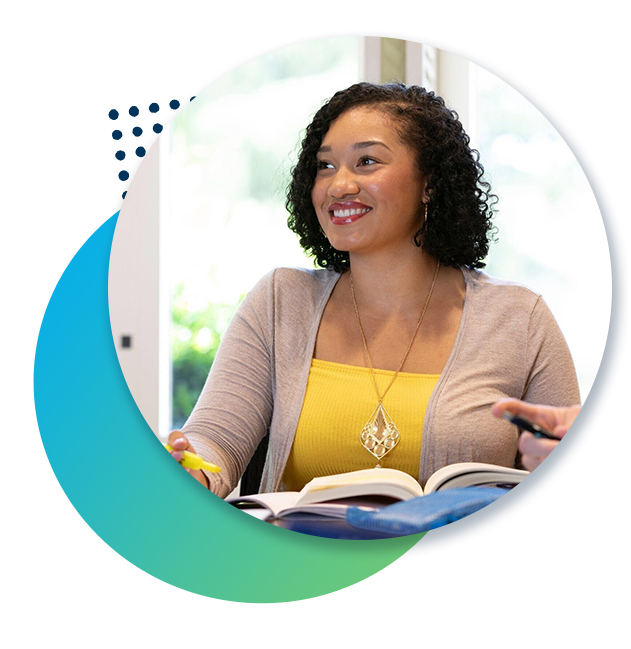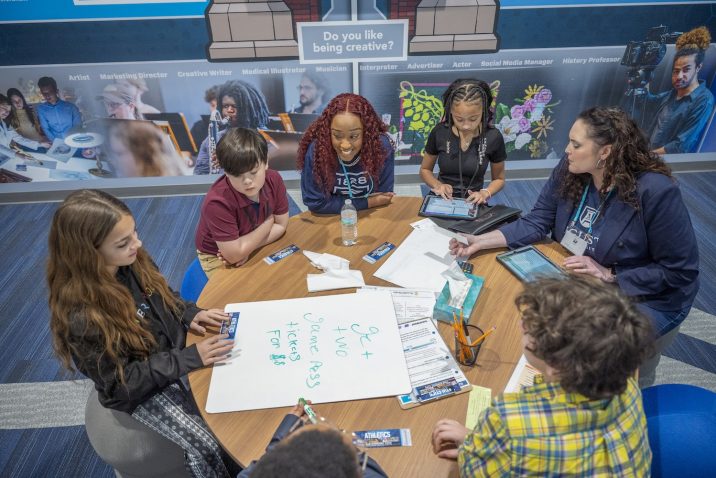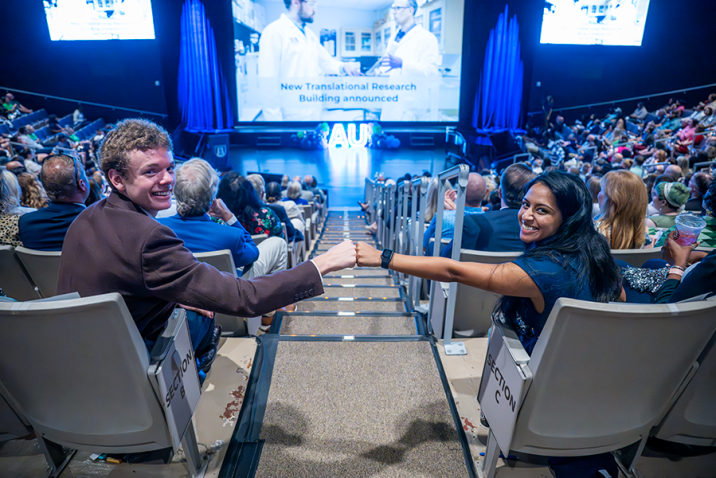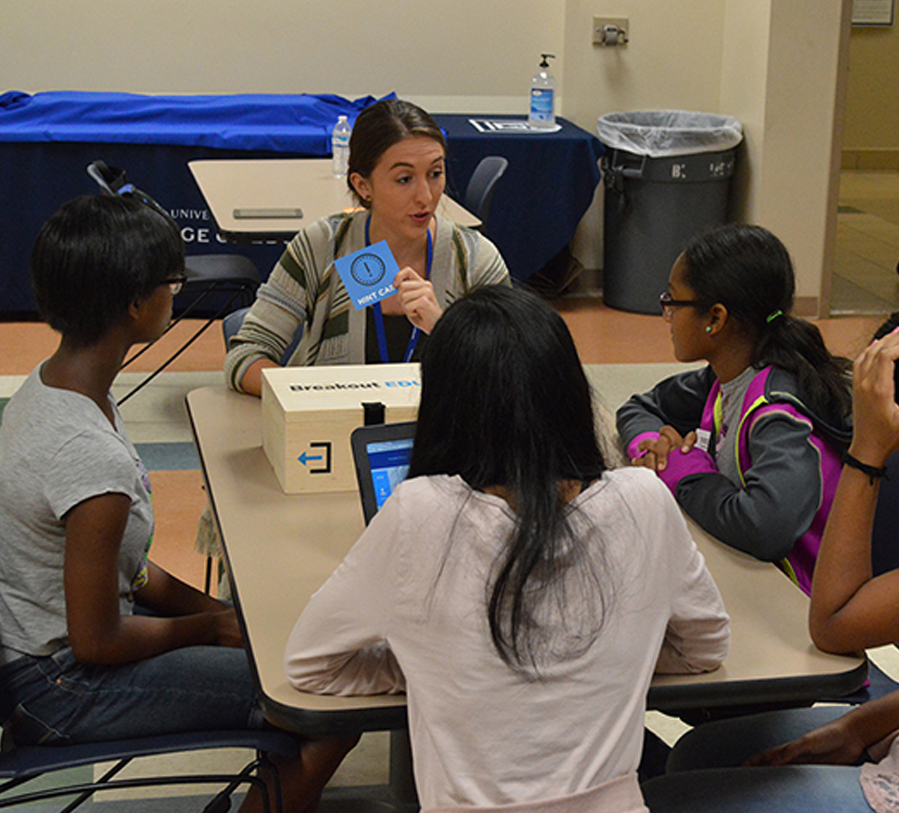Middle Grades Education
Do you have a passion for educating young people that extends to middle schoolers?
Then a Bachelor of Science in Middle Grades Education is the degree for you. The Middle Grades Education program through the College of Education and Human Development’s Department of Teaching and Leading prepares students for a fulfilling career in education.
A Middle Grades Education degree from Augusta University offers a unique experience — one where you’ll be supported by experienced teachers and committed mentors every step of the way, including after you’ve graduated.
Middle Grades Education is for you if you consider yourself
Middle Grades Education
1120 15th Street
Augusta, GA 30912
706-737-1496
What You'll Study
Coursework
In the Middle Grades Education program, you’ll take classes in education theory and classroom management, plus classes in academic concentration areas. Your final semester will include a full semester culminating residency (student teaching).
Experience-based Education
Outside the Classroom
Partnerships with local schools allow college and partner school faculty to co-teach classes implementing the most current evidence-based approaches to meeting grade-level standards and county and state initiatives.
The Inspiring Men of Color initiative responds to the need for more racially diverse educators — particularly male educators — by providing inspiration and motivation to attract minority males into the field of education.
The Induction Collaborative helps local school districts support our graduates during their first years as teachers, ensuring new teachers receive the advice and assistance they need to feel comfortable in the classroom.
Research & Innovation
Whether you’re an undergraduate or graduate student, you’ll have opportunities to create your own research projects or work with faculty to tackle some of the world’s most complex and pressing challenges.
Professional Learning
Educators never stop learning, and our wide variety of professional learning opportunities — from workshops to conferences to certifications and courses — ensures our students, faculty, staff and alumni are always exposed to the latest techniques and information.
Military Friendly
Through counseling and referral services, the Troops to Teachers program assists transitioning service members and veterans with pursuing a career in education.
Clubs & Organizations
Student organizations are an important part of learning and support, and we’ve got a lot of them, from honor societies to kinesiology clubs to a student ambassador program, where select students represent the college to incoming freshmen.
Your Future
Career Options
With a middle-grade education degree, you leave college with the knowledge and experience to teach students in grades 4 through 8.
According to the U.S. Bureau of Labor Statistics, the median income for middle grades teachers is $61,820 per year.

Why Augusta?
Partnerships with local schools mean your hands-on classroom experience is mentored by master teachers invested in your success.
Opportunities for engagement with like-minded students and experts in the field maximize your preparation and increase your level of success.
Continuing support after graduation makes those first few years in the classroom less stressful and more successful.

AU earns Carnegie Elective Classification for Community Engagement
AU earns Carnegie Elective Classification for Community Engagement


